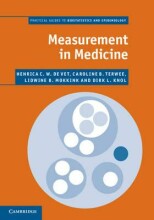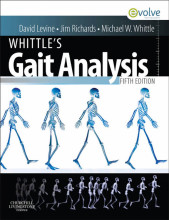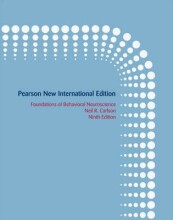Control of confounding
9 important questions on Control of confounding
What's the difference between prospective and retrospective cohort study?
Advantages of cohort study?
-Follows clinicians logic: if exposed gets sick?
-Can assess relationship between exposure and many diseases
-No bias in exposure, as outcome(disease) is not known yet (from exposure to disease)
Disadvantages of cohort studies?
-Low incidence or long exposure period make cohort study difficult: better suited for prevalent diseases and rare exposure
-Preliminary study results necessary to get relevant determinants of outcome:what if they're not available?
-Exposure in the past might affect exposure of study population during classification (selection bias)
-Prospective more time and money consuming than retrospective, but have larger scope
-Incidence(risk), AR, RR can be estimated
- Higher grades + faster learning
- Never study anything twice
- 100% sure, 100% understanding
Characteristics of case-control study?
- 2 groups: cases(disease), control
-Cases(preferably new) selected on base of diagnosis
-Controls selected to make the groups comparison possible
-Exposure occurs before sample becomes cases and controls
-retrospective study seeking for potential risk factors(exposure)
-Calculation of OR (estimation of RR based on that)
Advantages of case-control study?
-smaller study population give often more complete info
-Suited for rare diseases, not rare exposures
Disadvantages of case-control study?
-Only estimation of RR (by means of OR) --> no info on incidence!
Bias(systemic error) in associations: definition?
Bias(systemic error) in associations: types?
-Information bias
-Confounding
-Effect modification
Information Bias/Measurement Bias
For instance in cohort study is present when members of the cohort are not assessed similarly for outcome (differential misclassification and non-differential misclassification).
In case-control study, instead it might occur when cases are more likely to remember whether they were exposed (=recall bias).
The question on the page originate from the summary of the following study material:
- A unique study and practice tool
- Never study anything twice again
- Get the grades you hope for
- 100% sure, 100% understanding






























